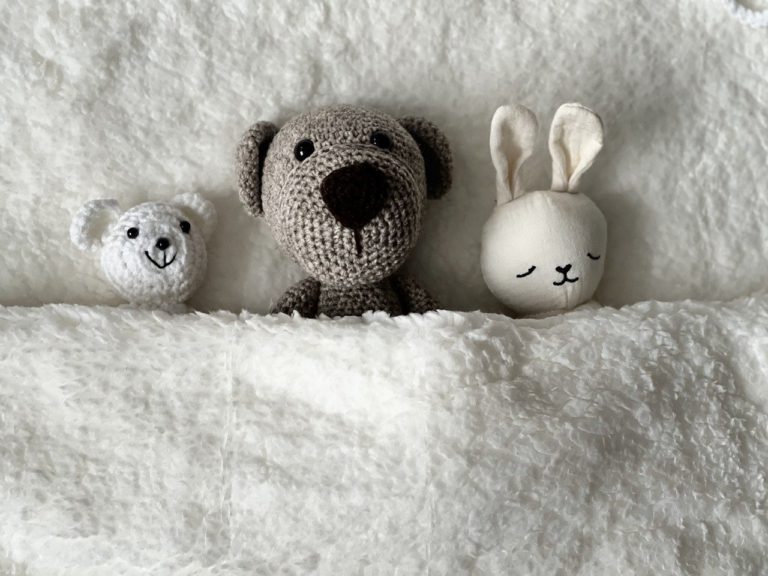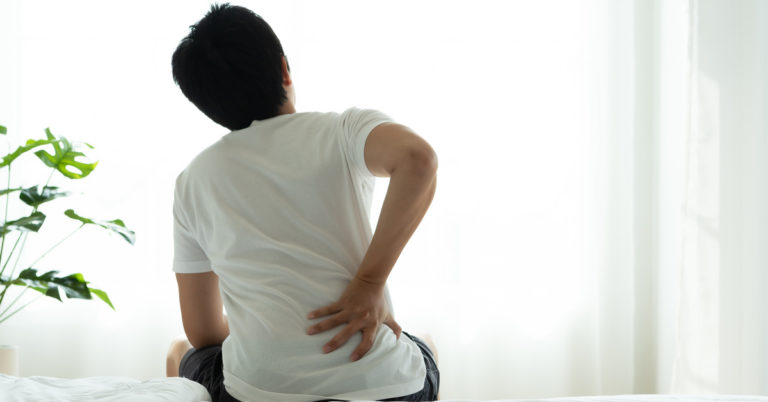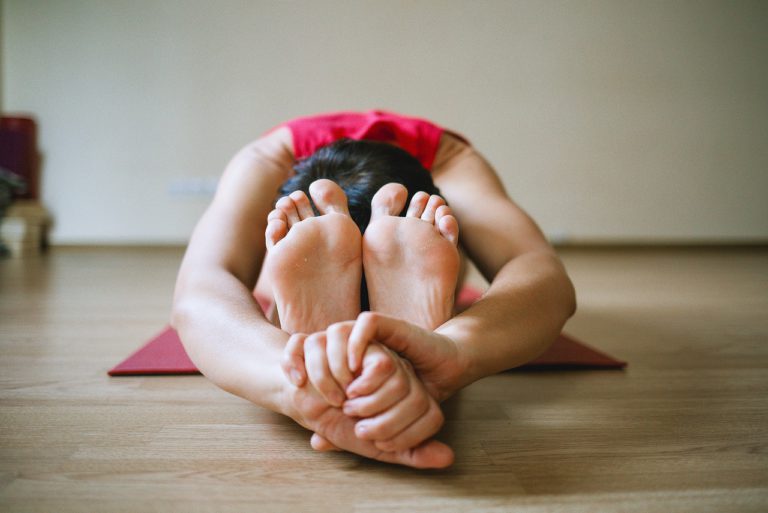By Jo Joiner
Just about everyone experiences sleeplessness at some point. For most, the issue is temporary and related to things like additional stress, over-active thinking, worries, anxiety, lack of exercise or indigestion. For others, the sleeping problem can be more pervasive and develops into insomnia.
What is insomnia?
Insomnia is the serious and habitual sleeping problem of not falling asleep when you want to and/or not staying asleep long enough, resulting in sleep deprivation. National Sleep Foundation guidelines say adults need, on average, between 7 to 9 hours shuteye per night.
Acute or short-term insomnia can last from one night to a few weeks. On the other hand, chronic insomnia is a sleeping problem extending to at least three nights a week for more than three months.
There are two distinct types of insomnia:
- Primary insomnia – where sleeplessness is not related to a lifestyle or medical issue
- Secondary insomnia – when sleep is difficult due to health conditions, such as asthma, depression, cancer, arthritis, apnoea, substance abuse or a mental disorder
No matter the type of insomnia, one thing is certain and that’s the crippling effect of sleep deprivation. It impacts our daily functions, emotions and moods. For these reasons, it makes sense to try and resolve the issue and get back to a healthy sleeping pattern as quickly as possible.
What causes insomnia?
It can be hard to pinpoint a single cause of insomnia. Aspects like stress, changes in the sleep schedule, mental illness, breathing issues, dementia, pain, itching, Parkinson’s, menopause and medications all play a part in developing poor sleeping patterns. For most insomniacs there are a number of underlying issues that come together to form a ‘perfect storm’.
Natural insomnia solutions
Every person’s situation is different. What works for some, doesn’t work for others. The best solution for insomnia is the one that works for you!
While sleeping pills can provide instant relief, they don’t address the fundamental problem of why sleep is so elusive. Pharmaceuticals mask the problem and generally are not a sustainable long-term solution.
Below you’ll find some natural insomnia solutions that give a good foundation for creating healthier, long-term options for solving your sleeping troubles.
- Update your mattress
Basic as it sounds, mattresses should be replaced every five to ten years. What other personal item do you use for seven to eight hours a day? Clothing may be the only thing that gets close to being used day in and day out. How frequently do you replace your clothing? Probably a lot more frequently than your mattress.
Sleep science is a huge and ongoing study, and mattress manufacturers are constantly improving their products to produce superior sleep results – pocket spring mattress being a great example. This type of mattress minimises partner disturbance and provides excellent support for the body, no matter what your lying position.
TIP: Give your body the best chance of resting and replace that old mattress.
- Stick to a routine
Re-educate your body about when and where to go to sleep. Use the bed just for sleeping, rather than reading or watching television. Go to bed in a darkened room at the same time every night and get up at the same time. Don’t take naps during the day. If you can’t fall asleep or stay asleep, get up and do something calming; when you feel ready for sleep, go back to bed and try again.
TIP: Create a pattern that signals to the body and mind that it’s time for sleeping
- Reduce blue light wavelengths
Blue light wavelengths from digital electronic devices suppress melatonin, which is a naturally-released hormone that makes us sleepy. Studies have shown that exposure to an inhibitor of melatonin (blue light) hinders your body’s sleep clock (circadian rhythm). That’s why many digital devices have a blue light filter, so be sure to use it at night time.
TIP: Turn on the blue light filter mode on phones and other digital devices to help keep melatonin levels up.
- Create a calming soundscape
Science backs the value of calming music or white noise to get to sleep quicker. Listening to music decreases cortisol, a hormone that increases alertness when we are stressed. Reducing cortisol at sleep time will help you to relax more easily.
In addition, music triggers a boost of dopamine – the ‘pleasure hormone’. It relaxes the body and leads to slower breathing, lower heart rate and blood pressure reduction.
TIP: Make a 30-minute playlist of calming music or white noise for sleep time to help the body relax. If you have Spotify, there are countless options for sleep music and white noise.
- We are what we eat
Over-eating or eating food that is hard to digest, and drinking too much alcohol and caffeine can impact badly on getting to sleep and staying asleep. When the body is digesting and metabolising, it’s not relaxed and ready for sleep. Add caffeine and alcohol to the mix before bedtime and there’s a triple whammy of stimulants and depressants that create havoc with the sleep cycle.
Moderation is key to managing the effects of stimulants on sleeplessness.
TIP: Leave a minimum of two hours between eating (avoid large quantities) and bedtime to give the digestive system time to do its thing. And avoid caffeine and alcohol several hours before bedtime.
- Relaxation
Breathing exercises, muscle relaxation, hypnosis and mediation are all stimulus-based relaxation techniques that can work very well for getting to sleep. Controlling the mind through focus helps to relax the body.
TIP: When in bed, focus on breathing, muscle relaxing or clearing the mind to give your body a chance to relax.
- CBT-I
A scientifically-proven insomnia approach is called CBT-I (Cognitive Behavioural Therapy for Insomnia). It’s quite a complex topic and generally requires the involvement of a qualified therapist to help you identify and replace entrenched thoughts, feelings and behaviours that, over time, have made sleep so elusive. The starting point is usually keeping a sleep diary to note your worries, sleep preparation and sleep habits to provide insights into the triggers that need to be addressed.
In CBT-I major aspects like stimulus control, sleep restriction, sleep hygiene, relaxation and biological feedback are tackled head on. This approach does require commitment to change engrained patterns of behaviour and thinking.
Can insomnia be cured?
Yes, many insomnia cases are cured through implementing one or several of the natural insomnia solutions covered above. However, it may take more time than you think to fix a more ingrained sleeping problem. The keys are persistence and practice, as many of the natural solutions require rewiring the brain to change messaging. Remember, insomnia occurs over a period of time, so it makes sense that fixing this complex problem may take a little longer than you would like.
If none of these tips work for you, the best solution for insomnia may be through professional medical assistance that will help you to understand and manage your sleeplessness problems.
“The best cure for insomnia is to get a lot of sleep” wrote author, WC Fields.
If only it were that simple!
Sources:
https://www.webmd.com/sleep-disorders/insomnia-symptoms-and-causes
https://www.mayoclinic.org/diseases-conditions/insomnia/in-depth/insomnia-treatment/art-20046677
https://www.sleepfoundation.org/insomnia/treatment/cognitive-behavioral-therapy-insomnia
https://www.mayoclinic.org/healthy-lifestyle/adult-health/in-depth/sleep/art-20048379







